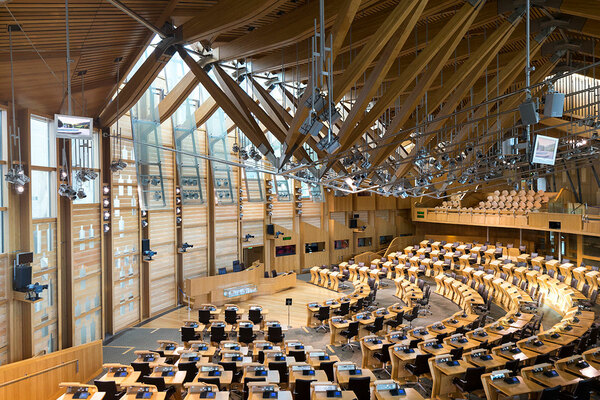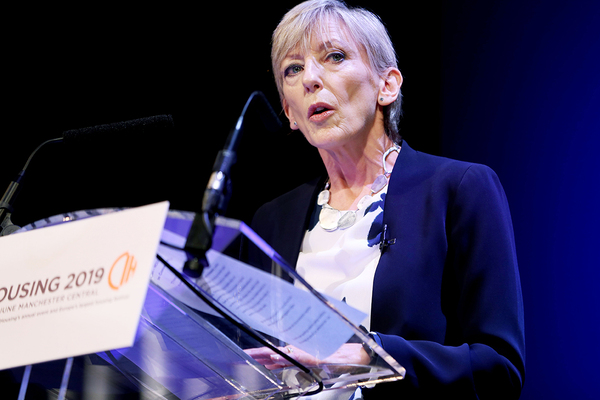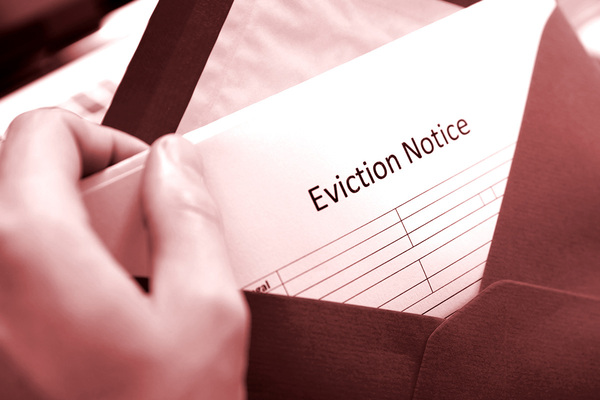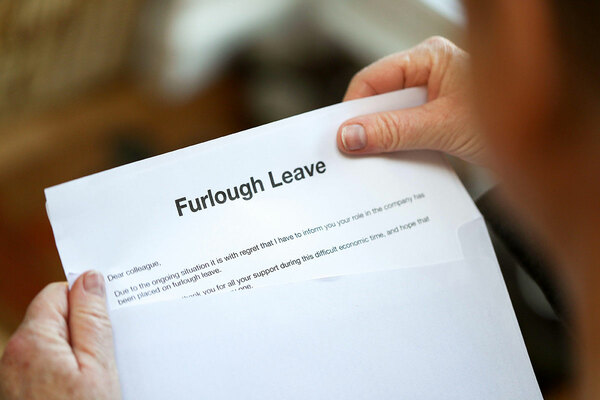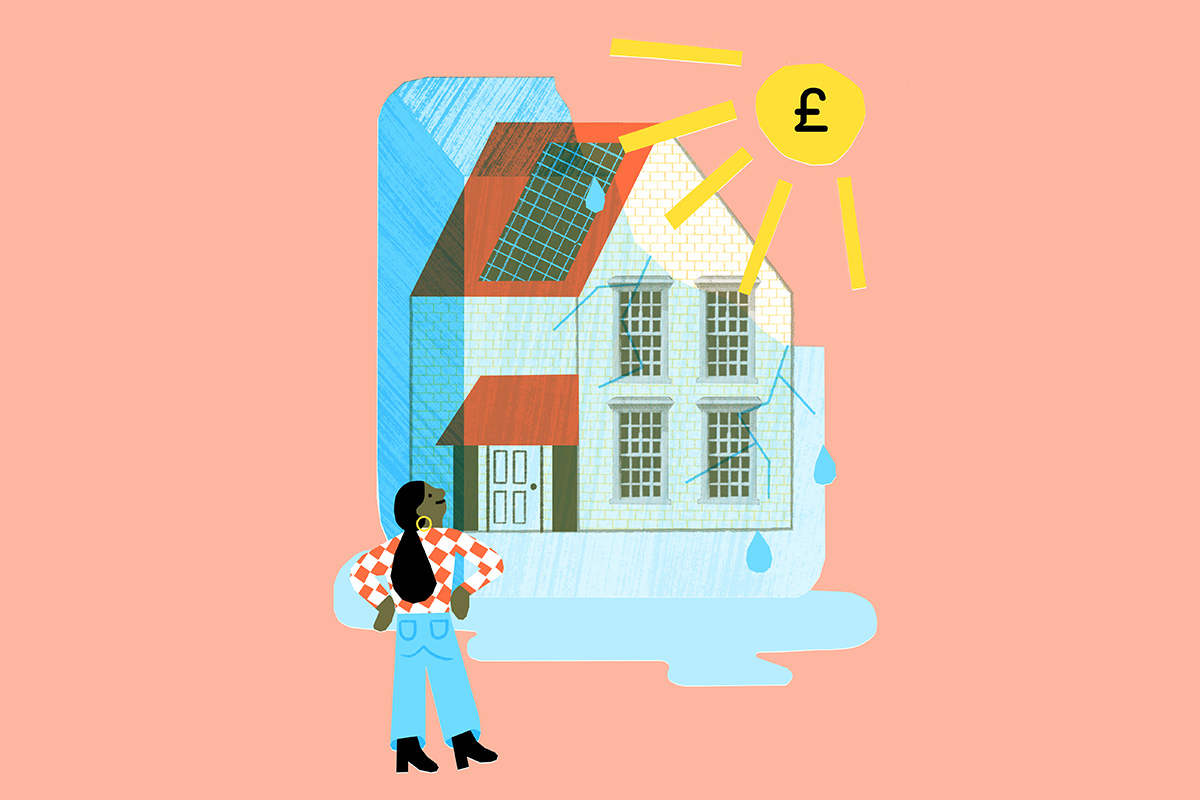You are viewing 1 of your 1 free articles

The regulator is monitoring housing pressures caused by the response to the pandemic
The number of people in temporary accommodation provided by councils is up and at the end of April there were more than 8,000 empty social homes – this is evidence of pressure building due to the restrictions necessary to respond to the pandemic. Our programme of discussions with stakeholders will inform how we regulate effectively in this new environment, writes Michael Cameron
From the outset of the current lockdown we have aligned our regulatory approach to the new circumstances.
We quickly moved our focus to monitoring the impact of the pandemic on social landlords.
We helped to establish the cross-sector Social Housing Resilience Group as a forum to identify emerging issues and serious risks to tenants, people who are homeless and other service users, as well as to help the Scottish government and landlord representative bodies to co-ordinate the response to the current situation.
We postponed all but the most critical regulatory engagements and extended the timescales for landlords to submit annual regulatory returns. We have provided landlords with a range of advice and we are engaging with key stakeholders in a range of forums and actively supporting the work of the Social Housing Resilience Group.
Through our engagement with social landlords in Scotland, we have seen them working hard to tackle the challenges brought by the pandemic. Over a very short space of time they have refocused their services to tenants, introduced new ways of working for their staff, and found new ways to support the well-being of their tenants and local communities.
Last month we published the first in a new series of monthly dashboards to help us, the Scottish government and the Social Housing Resilience Group understand the impact of coronavirus on social landlords in Scotland. The dashboard is based on monthly data returns from all landlords.
Clearly, it is too early to identify trends or draw firm conclusions from the information landlords have given us – that will come with subsequent monthly returns from landlords. But there are interesting points from the first set of information.
The number of people applying to councils in Scotland for help because of homelessness is down during lockdown.
The number of people in temporary accommodation provided by councils is up. We can see that landlords let relatively few homes during April and there were more than 8,000 empty homes at the end of the month.
All of this taken together is evidence of pressure building due to the restrictions that are necessary to respond to the pandemic. Both the Scottish government and social landlords are acutely aware of this and of the importance of getting empty homes back in to use.
Scottish ministers have written to all landlords stressing the importance of bringing empty properties back in to use during the pandemic, with a clear priority for people who are homeless and of providing support to victims of domestic abuse.
Landlords have told us they support giving priority to people who are homeless and are keen to start letting homes again, but are very aware of the challenges in doing this.
“It’s important that landlords continue to notify us of challenges and problems they may encounter so we can work with them on proportionate and pragmatic responses”
We will continue to monitor and report on these critical aspects of the impact on social landlords, not least to help landlords and the Scottish government in responding to the pandemic.
As we move through the phases of the response to the pandemic, we will continue to adapt our regulatory approach to the evolving challenges and risks in social housing.
To that end, we will shortly start a programme of discussions with our stakeholders to help us understand the issues, risk and challenges that they face as we start to come out of the lockdown in its current form.
We will use this to inform how we set ourselves to regulate effectively and to support landlords to manage these risks and challenges.
In the meantime, it’s important that landlords continue to notify us of challenges and problems they may encounter so we can work with them on proportionate and pragmatic responses.
Michael Cameron, chief executive, Scottish Housing Regulator

